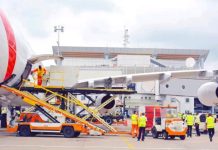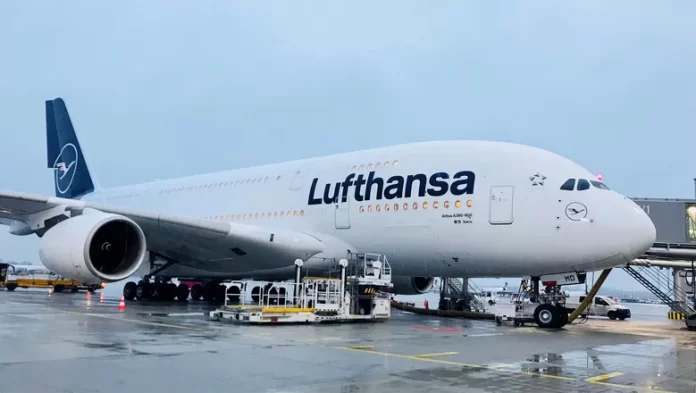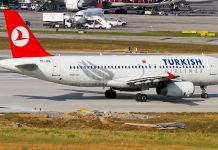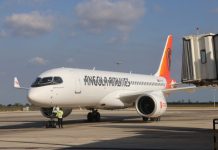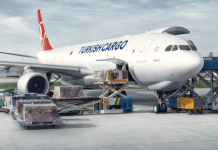The Lufthansa Group has unveiled sweeping plans to modernize its operations through artificial intelligence, automation, and digitisation, a strategy that will see around 4,000 administrative jobs cut by 2030. The announcement came during the airline group’s Capital Markets Day in Munich, where executives outlined a turnaround plan aimed at boosting profitability and operational efficiency across its global network.
The cuts will focus on administrative roles, primarily in Germany, rather than frontline operational staff. Lufthansa said the restructuring stems from “duplication of work” and the “profound changes” made possible by digitalisation and AI applications. The group stressed that any layoffs would be carried out in consultation with social partners.
As part of the overhaul, Lufthansa will consolidate its IT operations into a single executive department and merge its “Digital Hangar” with the “Innovation & Tech Factory” to centralise digital strategy. The goal, it said, is to significantly expand expertise in data and technology while harmonising processes across its airlines, which include Lufthansa, SWISS, Austrian Airlines, Brussels Airlines, ITA Airways, Eurowings, Air Dolomiti, Edelweiss, and Discover Airlines.
Alongside its AI push, Lufthansa is committing to the largest fleet renewal in its history, adding more than 230 new aircraft—including 100 long-haul jets—by 2030. The company described this as a “clear commitment to innovation, sustainability, and premium quality,” positioning the airline for long-term growth despite current challenges.
The group has already deployed AI in multiple areas. Lufthansa Technik uses AI for predictive maintenance through its Aviatar platform, detecting recurring aircraft defects faster and more accurately. A partnership with Microsoft has enabled over 50 AI use cases on Azure, ranging from maintenance optimisation to supply chain improvements.
In its cargo division, AI and robotic process automation have streamlined booking, with a Frankfurt system now able to scan unstructured email requests and generate confirmed bookings within seconds. At Frankfurt Airport, Lufthansa and Fraport jointly operate an AI-powered camera system, “seer,” which tracks turnaround tasks like refueling, catering, and baggage handling in real time to boost punctuality.
Commercial operations are also being reshaped by AI-driven dynamic pricing. Through a partnership with software firm PROS, Lufthansa uses algorithms to adjust ancillary charges—such as seat upgrades and baggage fees—based on demand and customer behaviour. The airline is additionally testing generative AI to improve customer service and internal processes.
Despite recent disruptions caused by strikes, supply chain delays, and regulatory challenges, Lufthansa’s leadership said the group has regained operational stability and is on track for recovery. The airline has set ambitious financial targets for 2028–2030, including an adjusted EBIT margin of 8–10%, an adjusted return on capital employed of 15–20%, and annual free cash flow exceeding €2.5 billion.
“AI and digitisation are central to our future,” CEO Carsten Spohr said, calling the overhaul a necessary step to ensure Lufthansa remains competitive, efficient, and profitable in an increasingly digital aviation industry.



